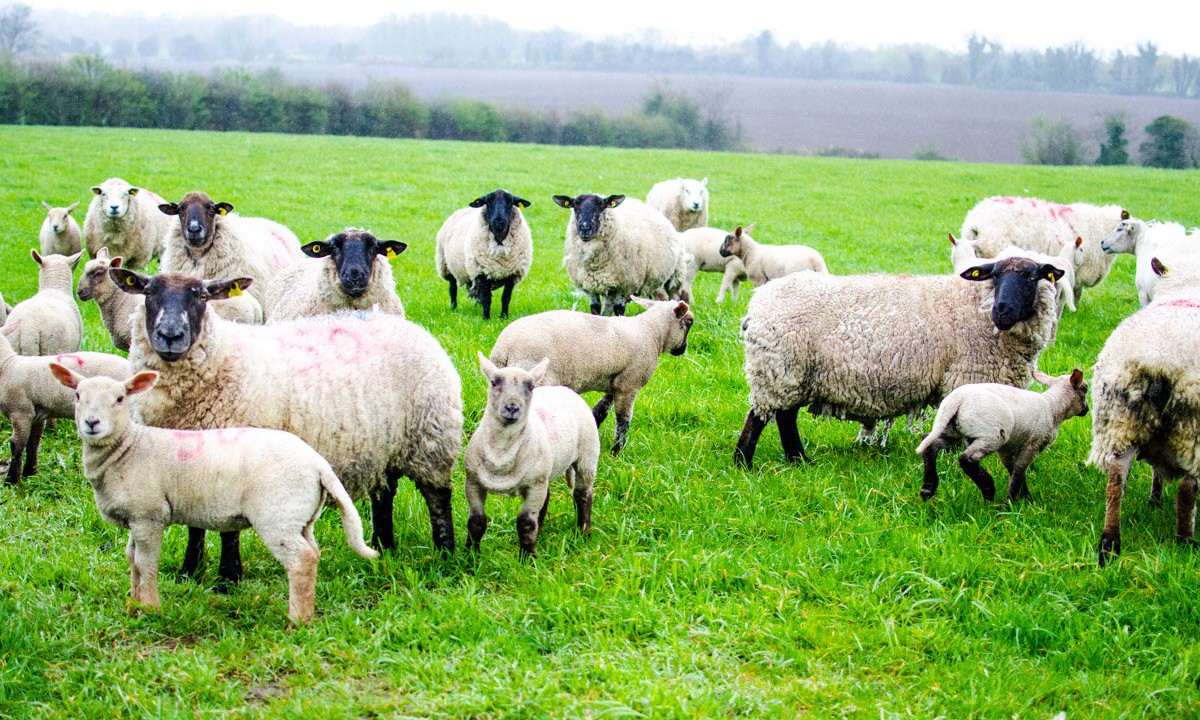According to an assessment carried out by the National Fallen Stock Company (NFSCo), UK sheep mortality during the 2018 lambing season was the worst for five years – and possibly the worst since the company started to track trend lines back in 2011.
Specific figures compiled by NFSCo for Northern Ireland confirm a similar trend with total losses exceeding those recorded in 2013, in the wake of the heavy snow that fell in March of that year.
NFSCo points out that it is impossible to assess the exact number of animals lost at lambing time due to the way that the collections are recorded.
For example, some collections are on a headage basis, while others are on a weight, or a volume basis. In addition, not all stock losses are accounted for on the NFSCo scheme as some collectors offer collections privately.
The proportion of collections attributed to NFSCo, compared to private collections also changes on an annual basis, again affecting the figures.
Nevertheless, despite the imperfect nature of the data, NFSCo’s records are the only guide to fallen stock trends in the UK.
‘Beast from the East’
This year’s lambing season was significantly affected by exceptionally cold weather that started on February 23, with the so-called “Beast from The East”, and the bad spell continued throughout March.
This was significantly colder than the norm with deep snow cover widespread across the UK for many days.
Records show that nearly half of all lamb losses occur in March, April and May. Looking at 2018’s data for these months, and comparing it to the average losses since 201, shows that recorded lamb losses across the UK were the highest at over 250,000 head.
This is 30% higher than would be expected.
In addition, adult losses were also the highest for five years, and also a third higher. Unassigned losses, those allocated on a weight or a volume basis, were also around 10% more than average.
NFSCo chairman Michael Seals commented:
“The data from this year show that the 2018 lambing season was certainly the worst season since 2013, and probably ever, even factoring in a large allowance for the shortcomings of the data.
Lambing time was an extremely challenging time for sheep farmers, and for the 100 or so collectors whom NFSCo works with, and who worked hard to maintain their excellent service levels during some of the worse weather the UK has seen in years.
He added: “The fallen stock collectors are an important, ever present, but often an overlooked cog in the livestock supply chain. It is only in times of difficulty, like this year, where their work comes to the fore.
“I and the NFSCo Board would like to formally recognise them, and thank them for their work during this difficult season.”
Phil Stocker, chief executive of the National Sheep Association (NSA) said: “The beautiful weather conditions we are experiencing now make it easy to forget the atrocious conditions experienced across the country during lambing time. This is a deserved respite for our sheep farmers.
“The service provided by NFSCo, and its contractors, should be commended even though it’s in the face of some alarming losses and significantly higher costs placed on our sheep farming businesses.
“If it wasn’t for the current strong finished lamb prices, sheep farmers would be desperate. However, there will be many individuals that have not benefited directly and are not out of the woods yet.”

